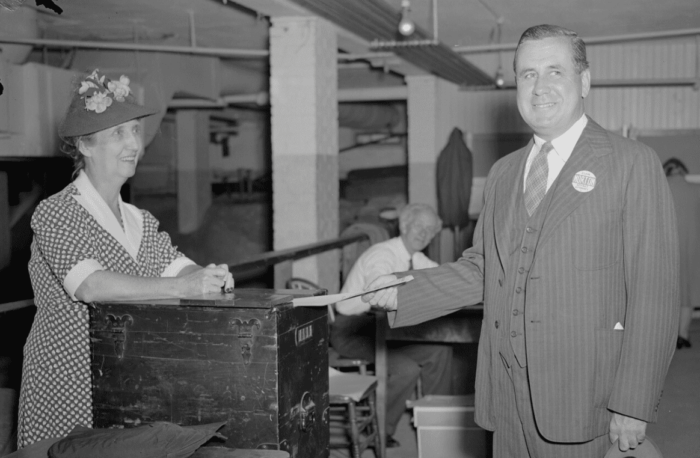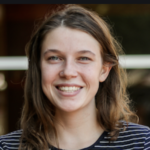
“I just don’t see how you could spend a day working at the polls and not become more deeply invested in the outcome of our elections.”
Good-government groups are partnering with local election officials to recruit and train students and other young people to fill poll-worker positions vacant due to the pandemic, ahead of the September 1 Massachusetts primary.
In 2018, around two-thirds of poll workers nationwide were over age 60 – a demographic at higher risk of more serious illness from COVID-19. The groups connect newly-trained poll workers directly with election officials, and they’re creating a “Reserve Corps” on stand-by.
Kristina Mensik, assistant director at Common Cause Massachusetts, said shortages often happen last-minute.
“Poll workers, understandably, just decided on Election Day that they couldn’t take the risk, or many also wanted to wait until close to Election Day to see kind of how bad COVID was,” Mensik said.
With recent concerns about the U.S. Postal Service, Mensik said it’s as important as ever for town clerks to be well-staffed and have strong in-person voting options. She noted voting by mail doesn’t work for everyone – mail service can be less reliable in low-income communities, and mail-in ballot rejection rates are much higher for younger voters and voters of color.
Usually, poll workers must be registered voters in the Commonwealth, although each precinct allows one or two 16- or 17-year-olds. This year, if cities and towns are facing shortages, they’re allowed to hire more young people.
Mensik hopes the program can double as a civic education effort and said working at the polls always energizes her to engage with the community.
“I just don’t see how you could spend a day working at the polls and not become more deeply invested in the outcome of our elections,” she said. “And you know, it’s an exercise in feeling a part of our shared social fabric.”
Boston, Lowell and Worcester are already in need of dozens to hundreds of poll workers. Mensik’s group and partners, including Mass VOTE and the Harvard Ash Center, hope this recruitment and training program will help fill the gap.
Support for this reporting was provided by the Carnegie Corporation of New York.
Lily is a reporter and producer for Public News Service & Pacifica Network

